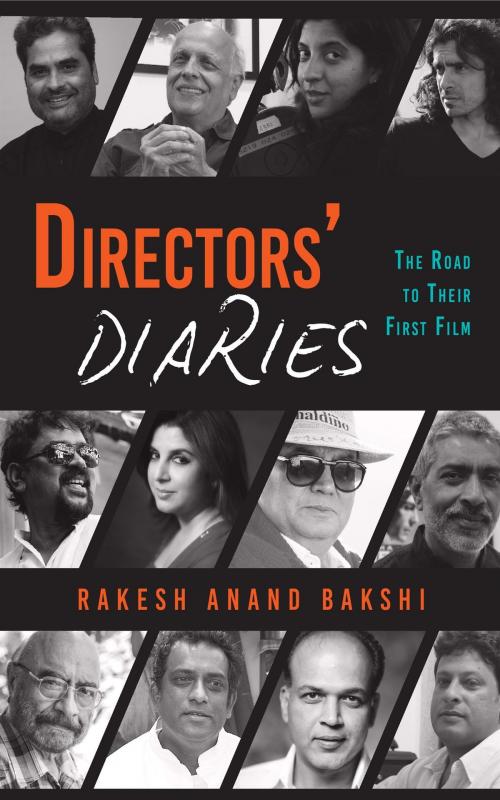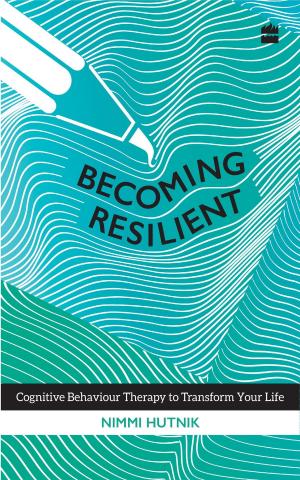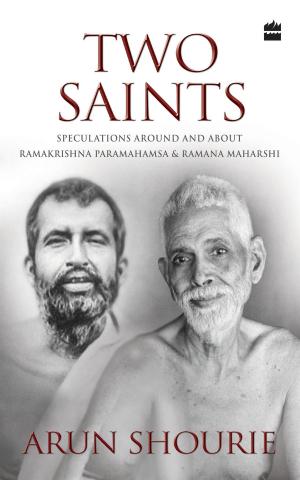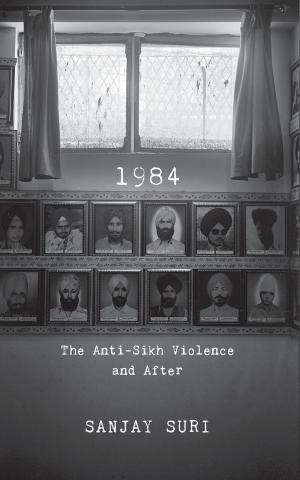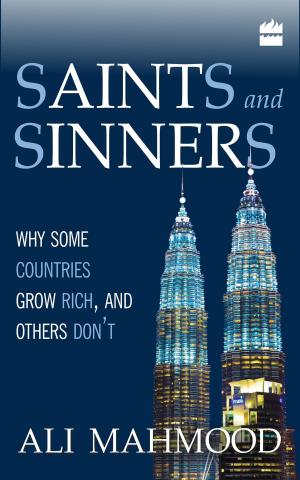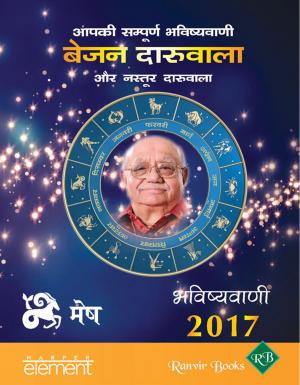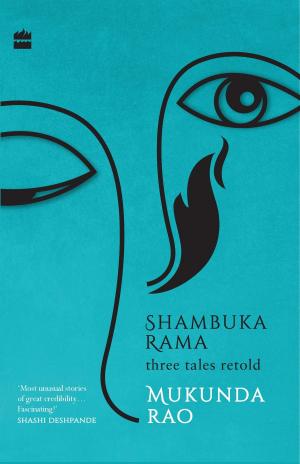| Author: | Rakesh Bakshi | ISBN: | 9789351364672 |
| Publisher: | HarperCollins Publishers India | Publication: | May 1, 2015 |
| Imprint: | HarperCollins | Language: | English |
| Author: | Rakesh Bakshi |
| ISBN: | 9789351364672 |
| Publisher: | HarperCollins Publishers India |
| Publication: | May 1, 2015 |
| Imprint: | HarperCollins |
| Language: | English |
Director: the invisible, omnipotent presence in cinema; a word that holds spaces inaccessible to most people. In Directors Diaries, Rakesh Bakshi demystifies that figure through the voices of twelve of the most iconic film-makers of our time. In doing so, he happens upon the greater questions of destiny and chance and how sometimes random encounters end up determining the course of a persons life. Bakshis interviews turn into deep and intimate conversations: Imtiaz Alis transformative experience as a reader during summer vacations, locked in a room; Govind Nihalanis visits with his father to temples in Udaipur, which influenced him as a cinematographer and filmmaker; Ashutosh Gowarikers disappointment at faring poorly in his board exams and being forced give up his dream to study architecture, which led him to seek avenues in theatre, folk dance, group singing, elocution contests in college, eventually leading him to cinema. Farah Khans passion for dance as a child and how she stopped dancing for almost fourteen years because her father did not like it and began doing so only after he passed away. How cinema became Subhash Ghais great escape, whenever his parents argued, he would run away to watch a film. How Vishal Bhardwaj composed his history lessons as songs so he could memorize them, and how he accompanied his friend on the harmonium at food festivals in Pragati Maidan to earn a livelihood. An invaluable record of Hindi cinemas old and new voices, and a study of the changing face of it, Directors Diaries is also an inspiring account of people battling great odds to achieve their dreams.
Director: the invisible, omnipotent presence in cinema; a word that holds spaces inaccessible to most people. In Directors Diaries, Rakesh Bakshi demystifies that figure through the voices of twelve of the most iconic film-makers of our time. In doing so, he happens upon the greater questions of destiny and chance and how sometimes random encounters end up determining the course of a persons life. Bakshis interviews turn into deep and intimate conversations: Imtiaz Alis transformative experience as a reader during summer vacations, locked in a room; Govind Nihalanis visits with his father to temples in Udaipur, which influenced him as a cinematographer and filmmaker; Ashutosh Gowarikers disappointment at faring poorly in his board exams and being forced give up his dream to study architecture, which led him to seek avenues in theatre, folk dance, group singing, elocution contests in college, eventually leading him to cinema. Farah Khans passion for dance as a child and how she stopped dancing for almost fourteen years because her father did not like it and began doing so only after he passed away. How cinema became Subhash Ghais great escape, whenever his parents argued, he would run away to watch a film. How Vishal Bhardwaj composed his history lessons as songs so he could memorize them, and how he accompanied his friend on the harmonium at food festivals in Pragati Maidan to earn a livelihood. An invaluable record of Hindi cinemas old and new voices, and a study of the changing face of it, Directors Diaries is also an inspiring account of people battling great odds to achieve their dreams.
